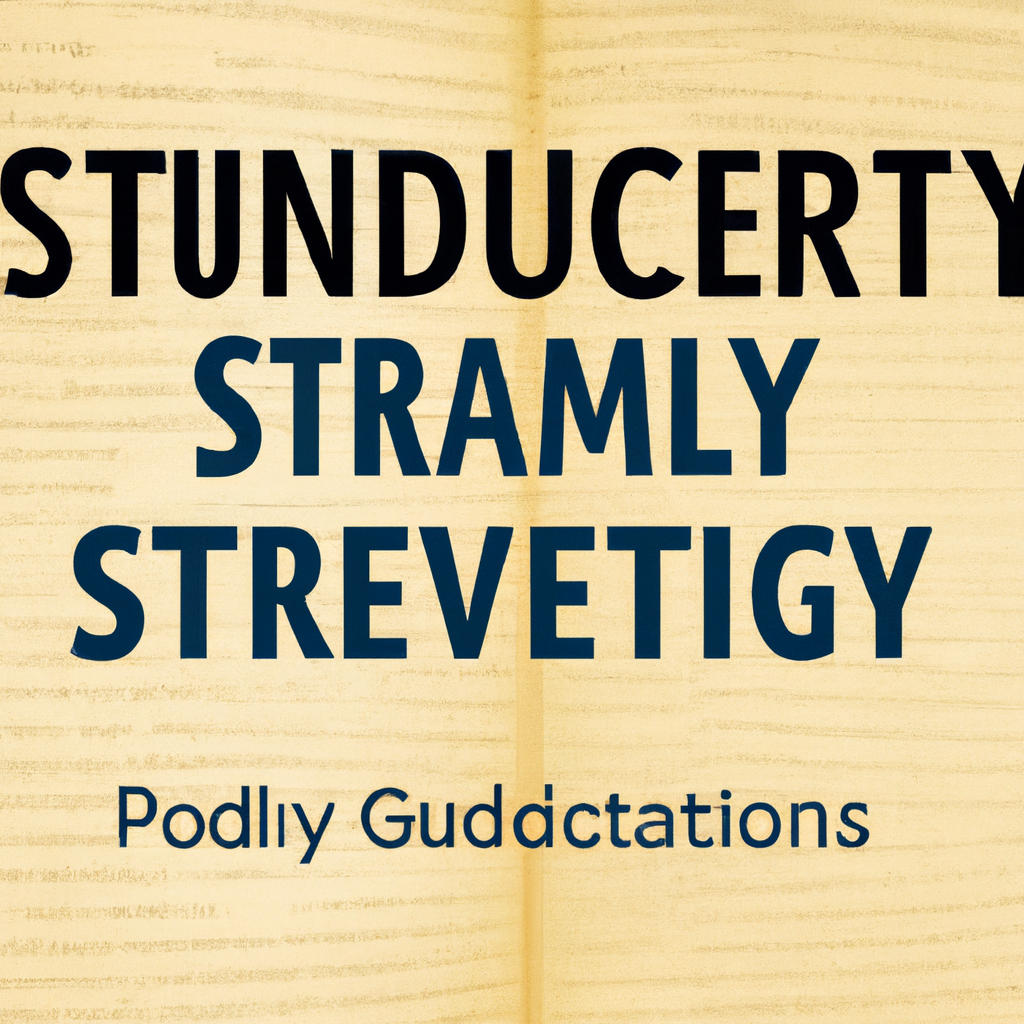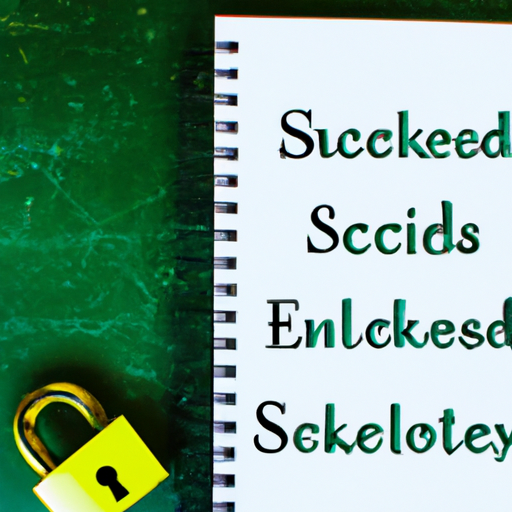Introduction: Navigating Finals Week Successfully
Finals week can be an overwhelming period for college students and high school learners alike. The pressure to perform well, manage multiple deadlines, and retain vast amounts of information often leads to stress and anxiety. However, with the right strategies and mindset, you can conquer your exams and finish the semester strong. In this comprehensive guide, we’ll explore actionable tips on how to prepare for finals week, including effective study techniques, organization methods, stress management, and maximizing productivity.
Create a Personalized Study Plan
The cornerstone of finals week success is a well-organized study schedule tailored to your academic needs. Begin by reviewing your syllabi and listing all exams, assignments, and deadlines. Use a calendar or planner to map out your study sessions, allocating more time to challenging subjects. Setting realistic goals and priorities will help you stay on track and avoid last-minute cramming.
- Time management: Allocate blocks of time for each subject. Use time management strategies such as the Pomodoro technique to maintain focus.
- Break tasks down: Divide large topics into manageable chunks to prevent feeling overwhelmed.
- Prioritize: Focus on high-impact tasks and subjects that need more attention.
Organize Your Study Materials
Having all your materials in order is crucial for efficient studying. Gather lecture notes, textbooks, handouts, and any online resources you’ll need. Consider creating digital folders for each subject, and use apps or sticky notes to highlight important concepts.
- Flashcards: Create flashcards for key terms and concepts. Digital apps like Anki or Quizlet can be useful.
- Summaries: Write brief summaries for each chapter or topic. This aids retention and quick review.
- Mind maps: Visualize complex information to see connections and relationships.
“Organization is the key to unlocking your academic potential during finals week.”
Effective Study Techniques for Finals Preparation
Not all study methods are created equal. Adopt evidence-based strategies to enhance your learning and retention:
- Active recall: Test yourself frequently on material rather than passively rereading notes.
- Spaced repetition: Review information at intervals to strengthen memory.
- Practice exams: Take mock tests under timed conditions to simulate the real exam.
- Group study: Collaborate with classmates to discuss and clarify concepts.
- Mnemonic devices: Use acronyms, rhymes, and visual cues to remember details.
Optimize Your Study Environment
Where you study matters. Create a distraction-free space that encourages focus and productivity. Ensure your study area is well-lit, comfortable, and free from unnecessary interruptions.
- Minimize distractions: Turn off notifications and keep your phone out of reach.
- Supplies: Keep all necessary materials within arm’s reach.
- Ambience: Use background music or white noise if it helps you concentrate.
Managing Stress and Practicing Self-Care
Finals week is taxing, both mentally and physically. It’s important to take care of your wellbeing to perform at your best.
- Sleep: Aim for 7-9 hours of sleep each night. Avoid all-nighters, as sleep deprivation impairs memory and concentration.
- Nutrition: Eat balanced meals with plenty of fruits, vegetables, and protein. Stay hydrated!
- Physical activity: Incorporate movement breaks, stretching, or light exercise to reduce stress.
- Mindfulness: Practice meditation or deep breathing exercises to calm anxiety.
“Self-care is not a luxury—it’s essential for academic performance.”
Maximize Productivity During Finals Week
Staying productive is about working smarter, not harder. Use productivity hacks to make the most of your study time.
- Set specific goals: Define clear objectives for each study session.
- Schedule breaks: Take regular breaks to recharge—short walks, snacks, or quick chats with friends.
- Eliminate multitasking: Focus on one task at a time for better results.
- Track progress: Mark completed topics to stay motivated.
Preparing for Exam Day
The night before your final, review key points and avoid cramming. Prepare your materials, set an alarm, and ensure you know the location and timing of your exam. On test day, eat a nourishing breakfast, arrive early, and stay calm.
- Checklist: Bring all required supplies—pencils, calculator, ID, and water bottle.
- Positive mindset: Affirm your preparation and visualize success.
- Manage time: Read instructions carefully and budget your time during the test.
Conclusion: Your Finals Week Success Blueprint
Preparing for finals week doesn’t have to be daunting. With strategic planning, effective study methods, and self-care, you can approach your exams with confidence and achieve academic success. Remember, it’s not just about working hard—it’s about working smart and maintaining balance. Good luck!
Related Topics and LSI Keywords
- finals week survival tips
- study strategies for exams
- exam preparation guide
- stress management during finals
- productive study habits
- test day anxiety relief
- academic success tips
- college student finals week
- how to study effectively
- time management for students





